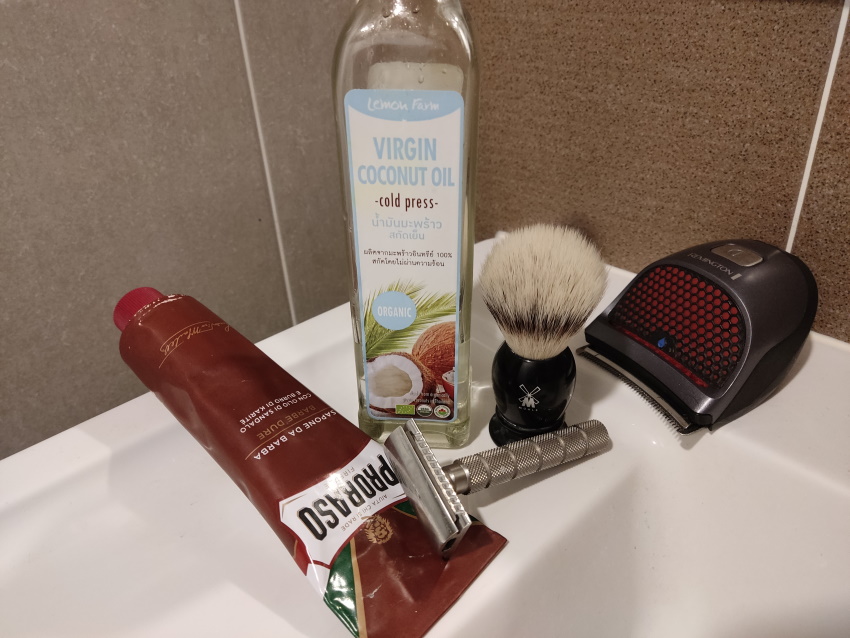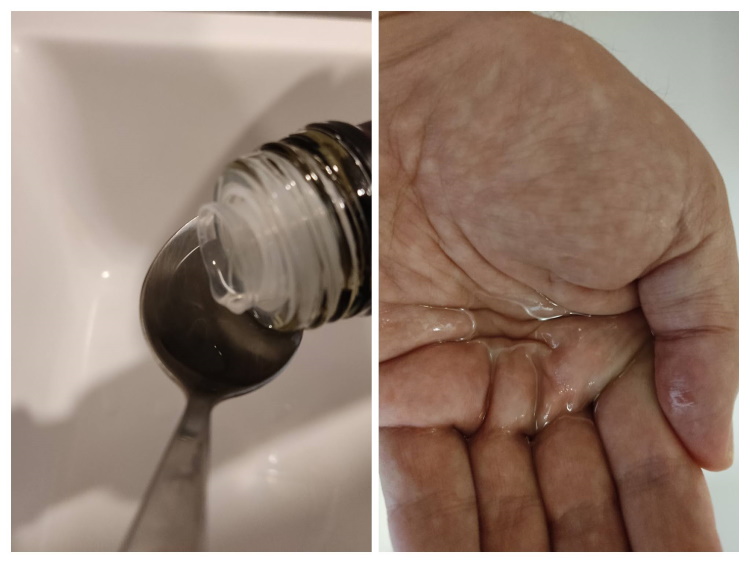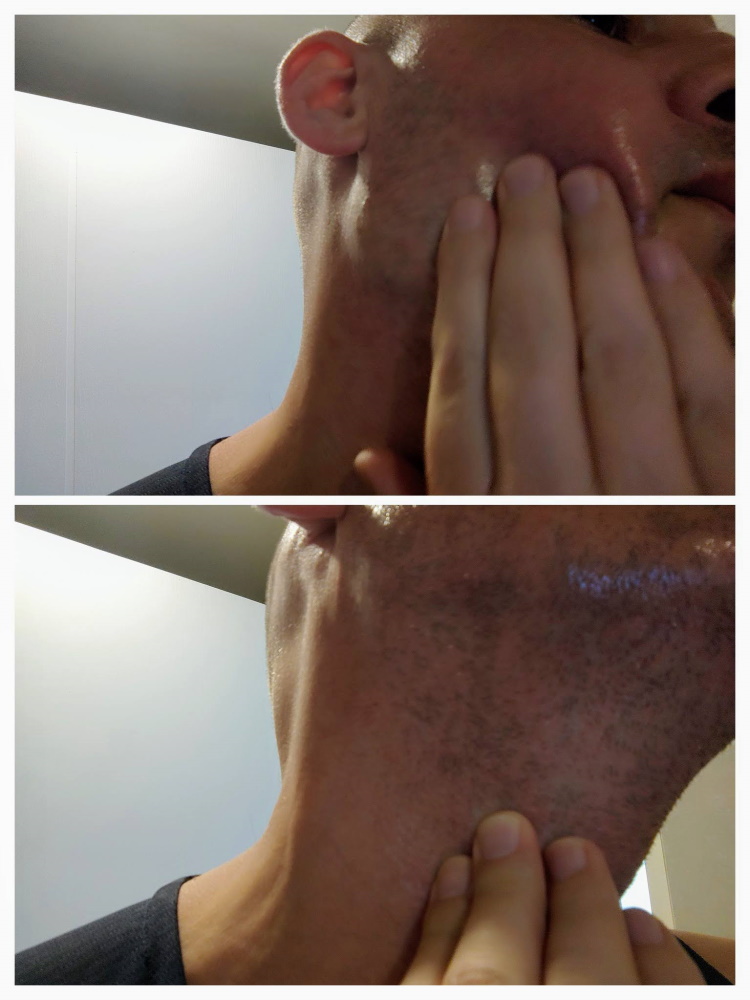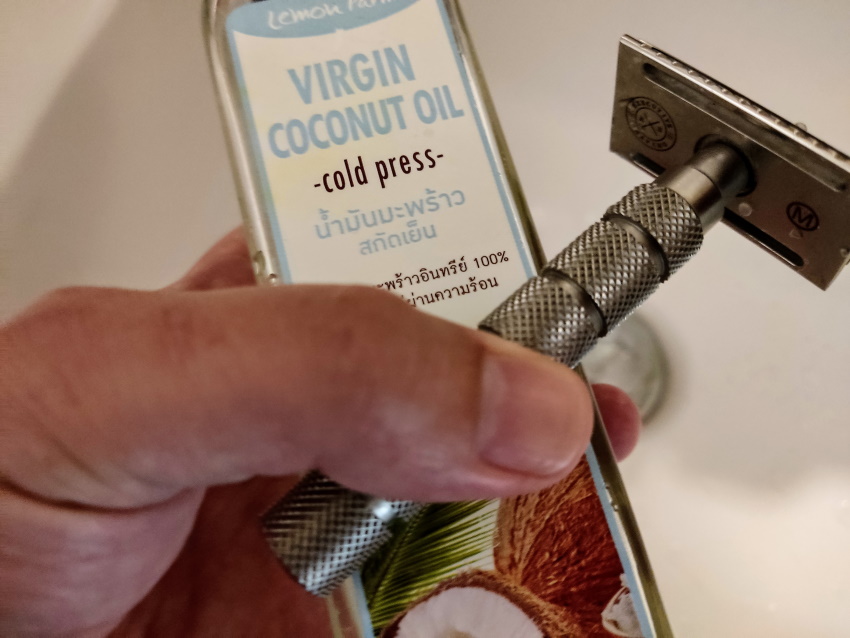Is Coconut Oil a Good Pre-Shave Alternative?

Are you one of these guys who from time to time gets bored – even just a tad – with buying and replacing shaving products that never quite live up to their price tag if truth be told..?
Maybe you’ve thought about re-shuffling or re-working your shaving kit with a few alternative items already, especially all-natural ones. It might be there, at the back of your mind – the idea of replacing a couple of your usual shaving-regime items with your own alternative (and possibly cheaper) versions, to see if they achieve similar results performance-wise.
It might be there, at the back of your mind – the idea of replacing a couple of your usual shaving-regime items with your own alternative (and possibly cheaper) versions………….
Some die-hard, shaving purists may well scoff at this, but the thing is – sometimes it works. After all, somebody had to make the first soap, after-shave, or pre-shave formula, right? After various experimentations, one would think.
And as more and more discerning shaving gents come to view their shaving routine as having a similar degree of importance to eating and sleeping, they may also lean towards a preference for natural ingredients. This is especially true for anyone who has yet to buy a pre-shave product, ‘all-natural’ or otherwise, that doesn’t leave at least some irritation.
Embracing the oil
Many men have seemingly already grasped the benefits of the various items that form the main base ingredient of a (natural) product they have already used, like the essential oils and butters used in many pre-shave items.
Coconut oil is a prime example of a natural ingredient that seems to be in just about any decent natural cosmetic, especially those related to the skin. Often the benefits come by way of smoothness and protection – or even deep cleaning for that matter.
Let’s face it, botanical oils have been used forever when it comes to the treatment of the skin. But are they any good as a stand-alone product?
When it comes to shaving products that lean towards natural ingredients, it’s not unlikely that you’ll find this natural, smoothing, protecting, moisturizing, and often organic ingredient in just about everything from pre-shave oil to after-shave balm.
Considering that much of the slickness and natural moisturizing properties of many pre-shave formulas are attributed to the oils and butters in them, it’s not hard to see the potential of coconut oil as a shaving tool.
And it is not limited only to the face. Many head shavers have traditionally applied coconut and other natural oils to their head either before or after shaving to achieve that ‘polished’ shine and keep the skin soft and pliable.
The high-fat coconut oil moisturizes and softens the skin during shaving, allowing effortless glide across the surface and going some way towards preventing razor burn or irritation. The best thing of all about this all-natural oil is that it is devoid of any artificial color or other synthetic and potentially toxic ingredient.
The key word here is pre-shave. If coconut oil features as the base ingredient in so many pre-shave formulas – particularly pre-shave oil — how does it weigh up as a stand-alone pre-shave product?
Let’s look into this a bit more closely.
Types of coconut oil
The first thing to consider about coconut oil is that it is not all created equally. Most people with any interest in it for either cosmetic or other health reasons are aware that organic, virgin, cold-pressed coconut oil is the good stuff.
– Organic coconut oil means no GMOs or pesticides are involved in the growing process, so it remains a natural and balanced product with all its benefits intact, and anything that you wouldn’t put in or on your body hasn’t even been near it.
The main reason why cold-pressed oil is also the best is that it has undergone no refining process as such, leaving the beneficial components like enzymes and antioxidants in their original state. If the oil undergoes any kind of processing, this is the thing most likely to affect the natural quality or consistency of it.
– Unrefined coconut oil is probably the next best option, as it undergoes minimal processing with no super-high temperatures leaving beneficial enzymes that might otherwise be destroyed intact. Neither is anything unnatural added, as the process typically involves wet-milling and quick-drying before squeezing out the oil.
– Refined coconut oil is the stuff that starts to get a bit more contaminated in terms of the natural raw ingredients. This oil is subjected to a process with high temperatures, preservatives, and other additives. It will now have a higher burning point which is ideal for cooking but not for your face.
– Hydrogenated coconut oil is probably the worst of all in terms of processing and added ingredients for cooking and shelf-life purposes. Let’s not go there.
So you may see these terms used, along with a few others, which could be misleading. Like ‘100% pure natural oil’ – which has actually undergone various treatments to reach its purity and is thus best avoided. Then there is the ‘100% pure refined oil’, which is not pure at all in that its main components have been played around with through various processes.
To be safe then, let’s keep this simple and think ONLY in terms of organic, virgin, cold-pressed coconut oil when it comes to anything that even goes near our skin.
When to apply coconut oil
When to apply coconut oil may come down to individual preference to some degree, as does using (or not using) the various other products for shaving. Coconut oil can certainly be used to improve all steps of the shaving process.
Although we are talking mainly in terms of pre-shave here, the oil can just as effectively be used as a shaving lubricant and, of course, as an after-shaving moisturizer. If you are prone to any kind of irritation from chemical-based products, it might be a good idea to try using it by itself and see what the results are while healing your skin. Aside from that it just comes down to personal preference.
How much oil to use and how to apply it
1. After gently cleansing (and drying) the skin, you should start with around half a teaspoon of oil and rub it between the palms for a few seconds. This will be even more necessary if the oil has solidified to any extent – you want to apply it as an even layer of oil. You’ll find a little goes a long way the more you work it into the skin, and for even better results you may consider exfoliating before washing the skin.

2. Gently smooth and massage the oil into the areas of skin to be shaved for a minute or so. This will ensure that it doesn’t get washed off too easily if you rinse the razor often (which you’ll need to) or apply another cream over the top of it. Certainly results will improve if the oil is rubbed between the hands, massaged gently into the skin, and allowed to penetrate – which it won’t necessarily do without slight pressure due to the natural oiliness. When it sinks into the skin you will notice the softness, and you can then either try shaving at this stage, or add another cream or soap.

3. You will find that you need to rinse the blade frequently to get rid of any clogged hair and oil — the shaved hair will definitely stick to the oil and clog the blade if not rinsed, and affect the overall shave quality.
4. When you have finished with the razor, rinse your skin with warm water and gently dab a soft towel onto your face to absorb any excess oil. You may even decide to add another splash and massage/smooth it into your skin after your shave — unless you have another preferred item in mind. The smoothing and soothing properties of the oil will certainly leave your face feeling soft and moisturized.
What kind of razors work well with coconut oil
When it comes to your razor, the main thing to consider about shaving with coconut oil is that it isn’t the same as using creams and foams that are shaved and then rinsed away with every razor stroke.

The coconut oil soaks into your skin more than a cream, meaning it will help to soften both the skin and the hair. So you are getting more razor glide and less likelihood of the kind of micro-abrasions that lead to irritation.
With that in mind you shouldn’t have to make any adjustments razor-wise – the one you normally use will be more than adequate, as long as it is sharp. There is a very real possibility that the coconut oil is going to make the shave even easier in terms of softened skin and facial hair, and your own particular razor may help you to decide whether or not you want to use a cream or foam as well (or change your razor).
The benefits of coconut oil to the skin
According to this article, some of the benefits that come from using coconut oil are related to its antibacterial, antioxidant, anti-inflammatory, and moisturizing properties, not to mention the fact that it aids in the repair of the skin.
Coconut oil is higher in fat than butter – a bonus for any shaving product – and the vitamins and essential fatty acids help to nourish and condition the skin, not to mention prevent nicks and irritation.
Precautions or other considerations
It’s safe to say that coconut oil may not be the best option for anyone prone towards oily skin. Somewhat conflictingly, it has been shown to help with conditions like acne due to its antibacterial properties, and even staph infections. However, we are talking about shaving here, so if you have somewhat oily skin you may not get the full benefits from using the oil with your razor.
It also has a tendency to clog the pores of the skin in some cases, especially if not rinsed off properly, and in extremely rare cases, coconut oil may even cause some kind of allergic reaction. So maybe take things steady to begin with and see how your skin likes it.
Homemade Coconut Pre-Shave Oil Recipes
If you like the idea of using coconut oil in your shaving routine and fancy going one step further by concocting your own pre-shave formula — then you might consider combining the oil with another similarly beneficial ingredient, such as shea butter or aloe vera.
These slightly thicker, natural moisturizing and protective ingredients may help with the application. With coconut oil, the consistency will depend on what kind of temperature you live in, as it usually solidifies or thickens at anything less than room temperature.
Other ingredients that could be added to the mix include olive oil, castor oil, avocado and almond oil, and grapeseed oil, to name but a few. It’s not recommended to use them all, but you might choose one or two to add to the coconut oil and possibly the shea butter as the main staple base ingredients.
Example homemade pre-shave mix
· ½ cup of melted virgin coconut oil
· ½ cup of shea butter
· ¼ cup of grapeseed oil
· 5 drops of your favorite essential oil such as lavender, tea tree, or sandalwood.
Mixing and storing the homemade pre-shave
1. Mix the coconut and grapeseed oil together until well-blended, then add the shea butter and blend.
2. Add the essential oil and mix again.
3. Place the mixture in an airtight container with a lid.
4. Store in a cool, dry place away from sunlight.
You should get 2 full cups of pre-shave oil from this combination. If you are looking for a pre-shave that will keep your skin soft and help to prevent razor nicks or cuts, this is it. It is ideal for anyone prone to dry or sensitive skin and is obviously free of any dyes, chemicals, or hazardous fragrance.
Let’s face it — using coconut oil instead of store-bought shaving cream is not only more affordable but is also much better for your skin and overall health in the long run.
